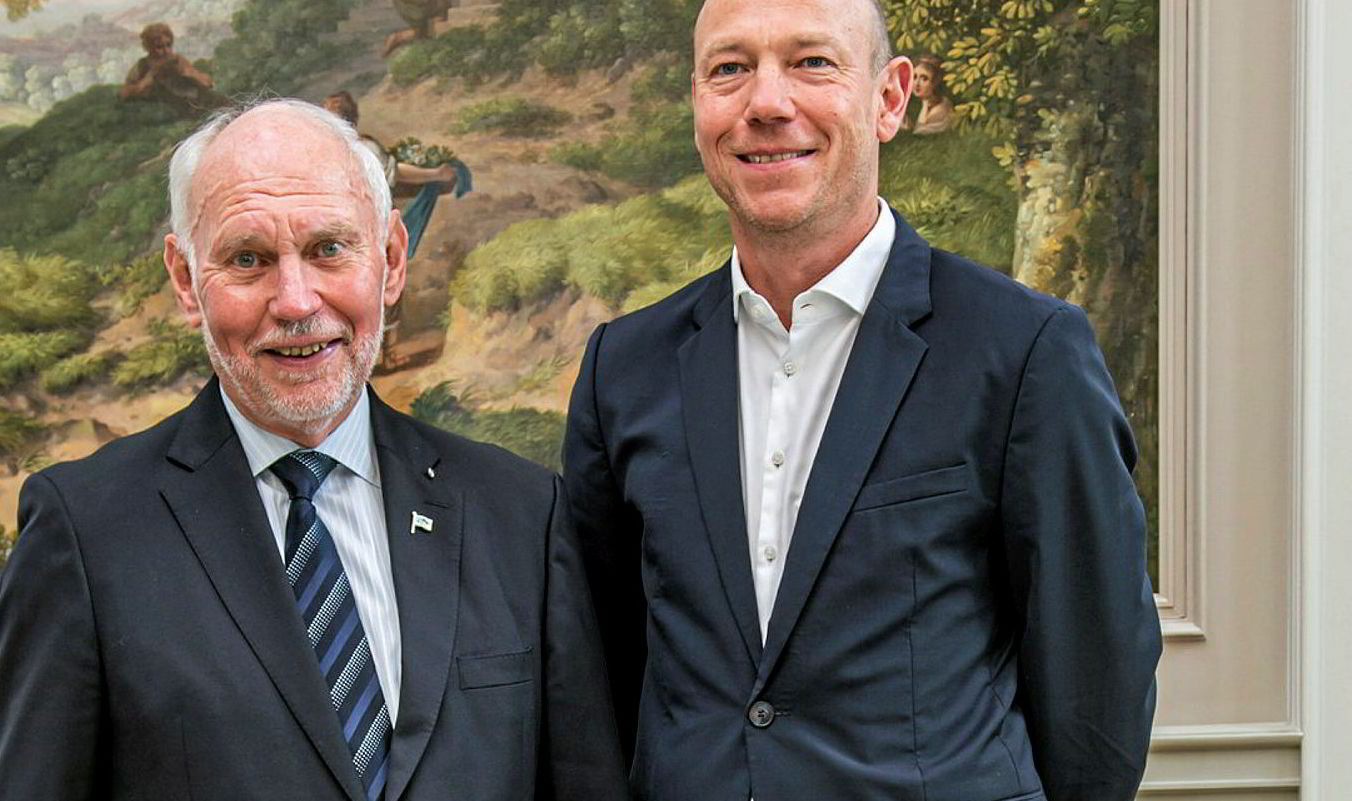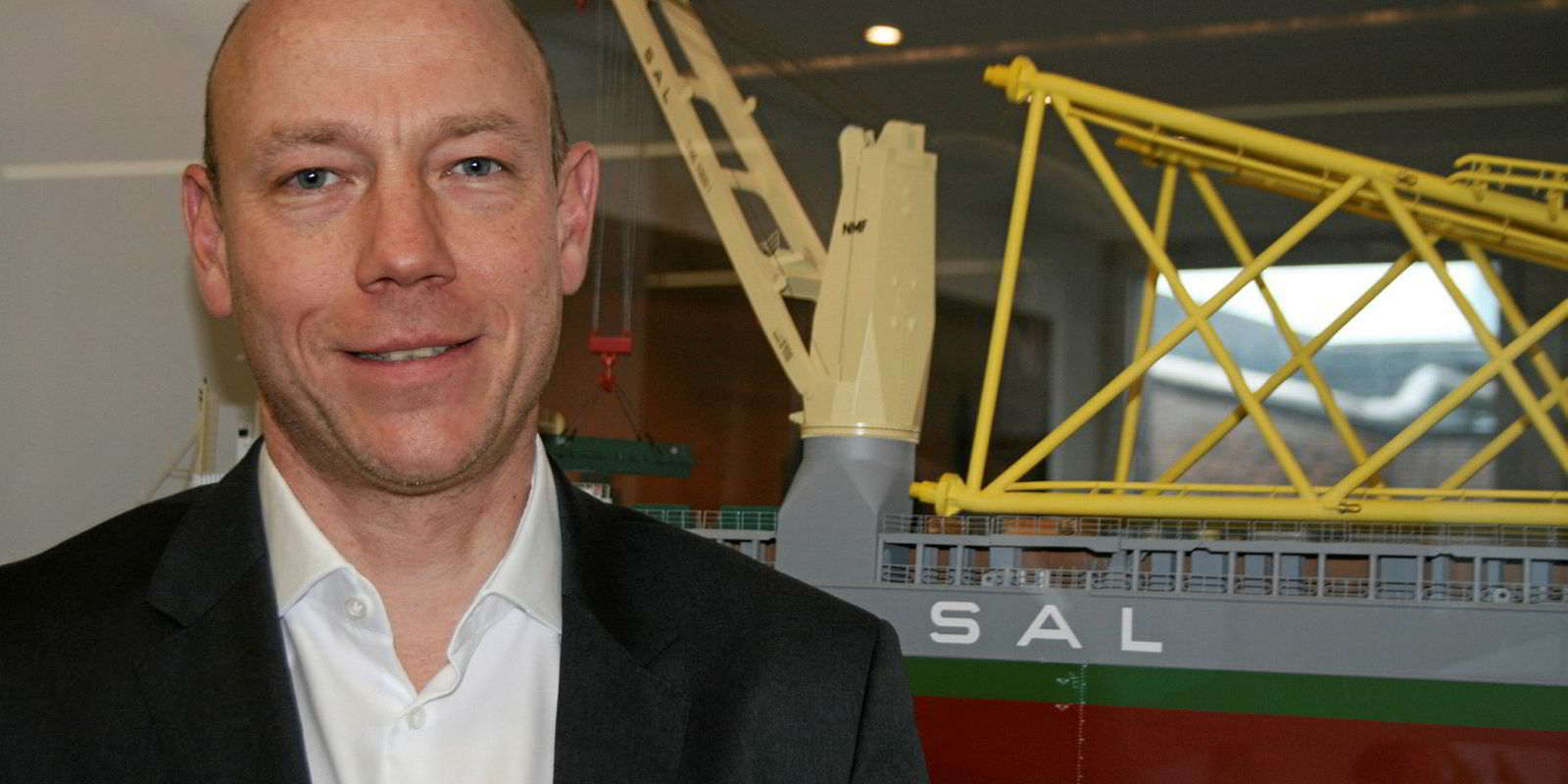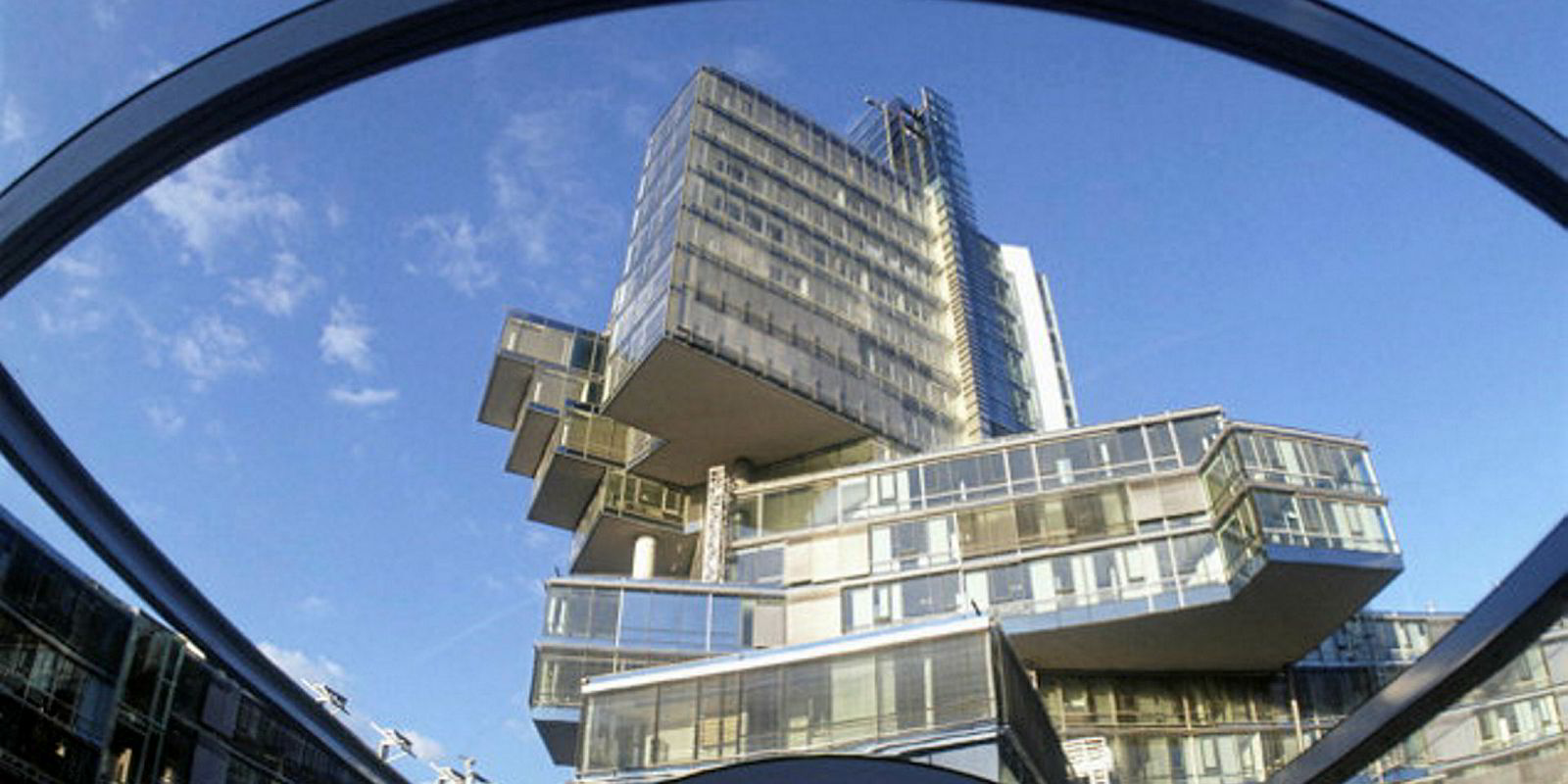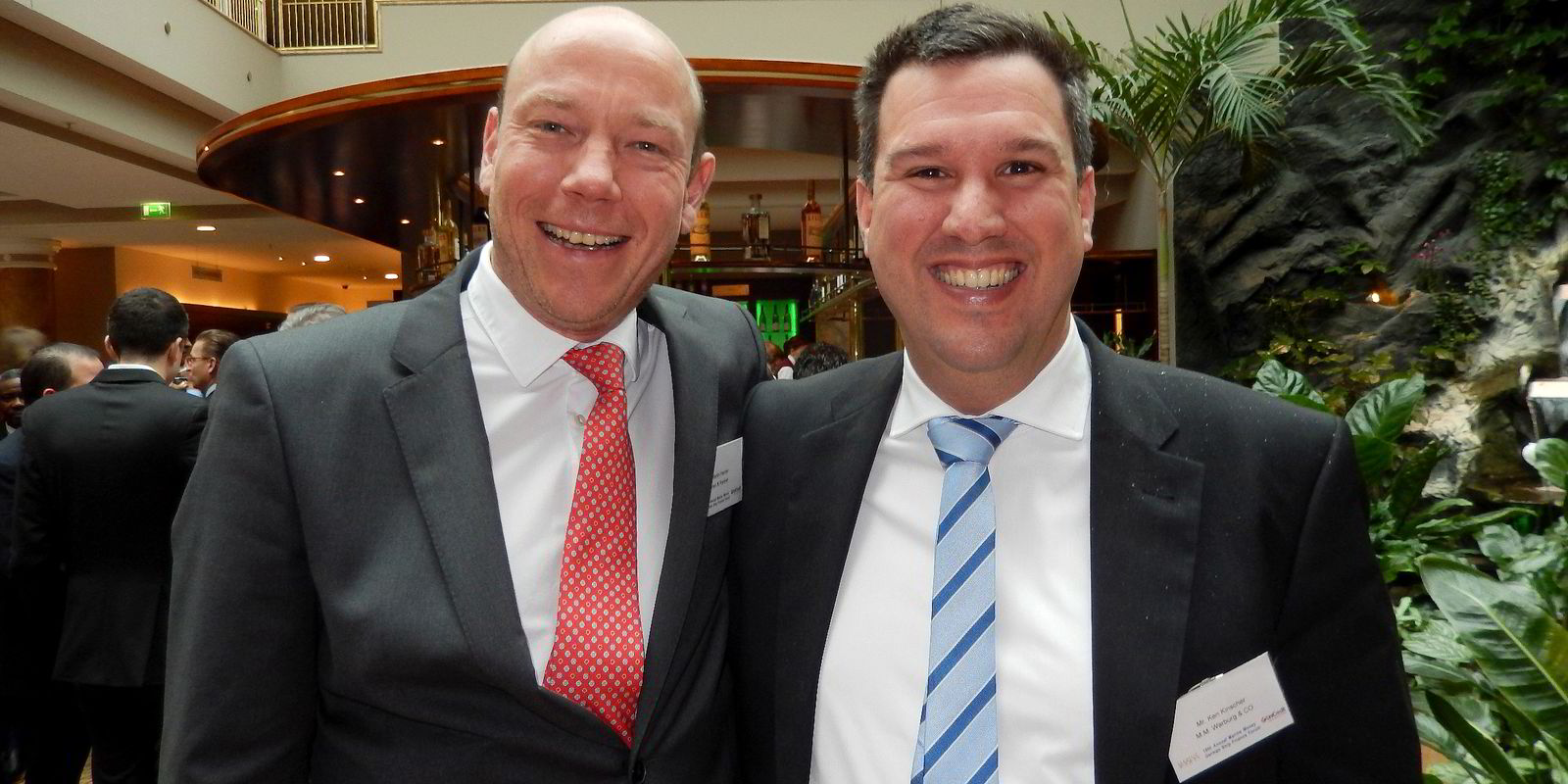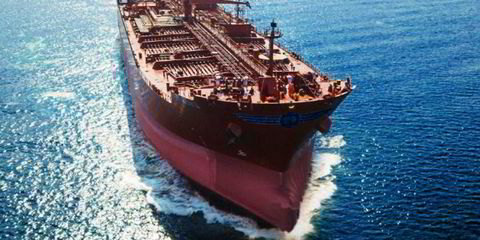Martin Harren ditched a promising career as a surgeon in 2003 to join his father, Peter, in running one of Germany’s most diversified shipping companies, Harren & Partner Group.
Since then, the company’s managing director has been pivotal in looking for funding to retain the outfit’s boxship fleet and expand its position in the heavylift and product tanker segments.
This year, the Bremen-based outfit celebrates 30 years in business, operating a fleet of about 70 heavylift and multipurpose (MPP) vessels, tankers, containerships, barges and tugs.
As Martin, 49, took the reins, Harren & Partner, like many German shipping outfits, faced funding challenges. The demise of the KG (limited partnership) system meant the company had to seek alternatives.
“You had firstly to find new ways of take care of the fleet that you had,” he said. “And secondly, to find other ways to stabilise and grow fleet.”
Family and friends remained investors, but the outfit also “professionalised” its financial reporting structures to team up with Norwegian institutional investors and Anglo-American financiers, including JP Morgan, Goldman Sachs and Arctic Securities.
You have to make a choice, and if it’s a niche market where you can add something more — that will be our strategy for the future
Martin Harren
More recently, Harren & Partner refinanced eight ships that were formerly part of the Nord/LB portfolio. It included loans on two 16,000-dwt ice-class tankers purchased from private equity house Cerberus Capital Management.
Harren & Partner completed the deal with the backing of Ostfriesische Volksbank, a Leer-based bank which is emerging as an important ship financier in northern Germany.
The two tankers are part of a fleet of 10 small tankers that are operated by Harren Tankers in the Baltic and North Sea. Martin described it as “a field where we see us maybe putting little more capacity and effort into growth”.
It is part of a strategy to specialise in niche areas. Last year, & Partner bought the 6,800-dwt offshore construction vessel Blue Giant (built 2008) for servicing oil rigs for Mexican state-owned petroleum company Pemex, in the Gulf of Mexico.
A consolidator in heavylift
Increasingly, its focus has been on the heavylift sector, where it operates under the Combi Lift and SAL Heavy Lift brands.
“That is the side of the business ... we see huge potential,” Martin said.
It emerged as one of the top three players in the sector after its acquisition of SAL Heavy Lift from K Line in July 2017.
Today, SAL operates 20 heavylift vessels, 12 of which have crane capacity of more than 900 metric tons. Combi Lift owns eight tugs and seven barges that are used for specialised projects, such as transporting equipment to the Amur Gas Processing Plant Project in Russia.
The acquisition of SAL has put Harren & Partner in the top-three leading heavylift players, alongside Spliethoff-controlled BigLift Shipping, and Jumbo Maritime.
Consolidation in the sector continued earlier this year when Spliethoff bought the Hansa Heavy Lift fleet, and Martin believes there is “theoretically room for more”.
He confirmed that plans are being drawn up to replace older heavylift ships when charter rates rise again.
In terms of newbuildings, the focus will be on heavylift vessels with larger cranes. The hope is to steer clear of the overcrowded market for MPP ships, which sometimes compete for some sizes of heavylift cargoes.
“In the MPP segment, you still have overcapacity, so the overall market level is still not great,” Martin said. “But [it] has improved and we are confident that, in the coming years, demand in the high-capacity field means the utilisation will increase.”
Scale down in boxships
The shift to heavylift has seen some scaling down of Harren & Partner’s container fleet.
In October 2018, it hived off Caribbean Feeder Service (CFS), one of the leading feeder operators in the Caribbean and Central America region, to the Spanish shipping company Perez y Cia.
But it still owns 12 container feeders that range in capacity from 700 teu to 1,200 teu, a few of which still operate in CFS services.
It also has an office in Kingston, Jamaica, where it is a partner in German Ship Repair Jamaica.
But Martin said there are plans to establish a repair facility.
“You have to make a choice and, if it’s a niche market where you can add something more, that will be our strategy for the future,” Martin said.
